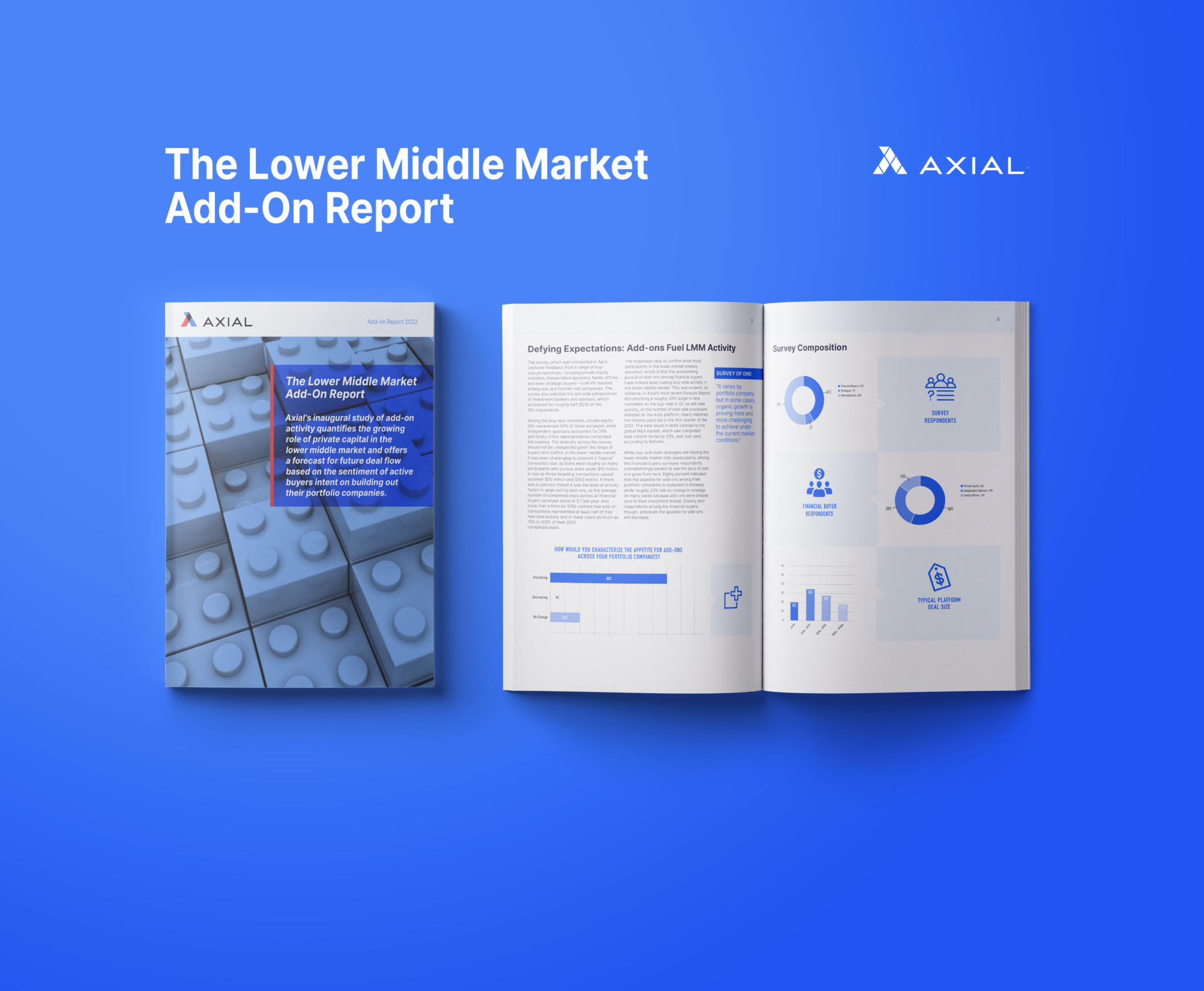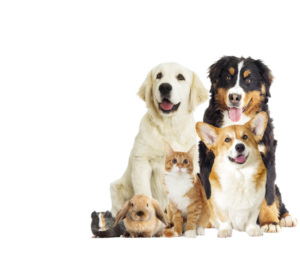
Introducing The Lower Middle Market Add-On Report
A survey of 150 deal professionals across the Axial network documents the extent to which financial sponsors have descended upon…
Tags
Activity within the pet industry has become increasingly interesting to investors as well as entrepreneurs because of the sheer size and growth of the market and the passion that people have for their pets, said Jodi Burrows, a vice president at SDR Ventures. The American Pet Products Association (APPA) estimated that total consumer spending on pets will be $62.7bn in 2017 and is projected to reach $69.4bn in 2018. Private equity firms are eyeing the investment opportunity. However, certain disclosed transactions that have garnered outsized valuations and middle market multiples overall are driving higher valuation expectations among some industry players, regardless of scale, growth or profitability.
“Much of the industry growth revolves around the concept of the humanization of pets, where people are treating their pets more as kids, and part of the family,” said Burrows. “It used to be that you would keep the dog house out in the yard. But now, your dog is sleeping in your bed with you.” 
As pets become a bigger part of the family, people today are spending more money on them. The ongoing humanization of pets is driving not only the growth of premium, expensive pet food and treats and the broader health and wellness category, but all ancillary products and services that pamper and indulge pets. Better food, more toys and clothes and more advanced veterinary services all contribute to the growth of the pet products industry.
According to SDR Ventures’ Q3 Industry Report, pet industry trends have increasingly followed closely behind trends in human products. When a new food or health trend enters the human market, such as grain-free or fitness trackers, versions are emerging in the pet space at faster and faster rates. And the firm is seeing this play out in the growth of private label pet products, especially food. Consumers are demanding premium products for themselves and their pets but are looking for a trusted way to find them at lower costs.
Customers with strong buying power in this industry are baby boomers, who are empty nesters, and millennials, who are postponing children and replacing them with pets, Burrows said.
While there are fewer announced transactions in this space than other industries, two large M&A transactions in 2017 are indicative of some of the trends and challenges facing operators in the market.
In April 2017, PetSmart acquired Chewy.com for $3.35bn to bolster its ecommerce presence as more consumers seek the convenience and competitive prices of shopping for pet food online. Independent pet retailers are now figuring out new ways to compete with the big players in the industry, whether through adding more services or operating in different physical locations to counteract some of the effects from their online competitors.

Earlier this year, Mars acquired VCA Inc and its 800 veterinary hospitals in the US and Canada for $9.1bn, further solidifying its stronghold in the pet industry.
These transactions add complexity to business strategies in the middle market, as owners seek to differentiate their product and service offerings. A wave of consolidation is occurring among pet retailers as smaller, independent stores are selling rather than evolving with the changing competitive landscape.
Burrows said there is definitely interest from the private equity side. For example, private equity firms that have rolled up different types of medical and dental practices are now looking to do the same in veterinary services, similar to VCA’s acquisition strategy. According to the latest quarterly report, veterinary services had the highest deal volume among all segments within the pet market.
Going into 2018, Burrows said the pet industry will continue to grow faster than a lot of other spaces in the consumer sector. “I see it as an area where a lot of people continue to remain focused – both investors and entrepreneurs – and find it to be a really exciting market to be in.”
Private equity investors are enthusiastic about the pet industry, but owners can benefit from a market-driven valuation by a reputable M&A advisor to ensure that they fully understand the true worth of their businesses to investors.
